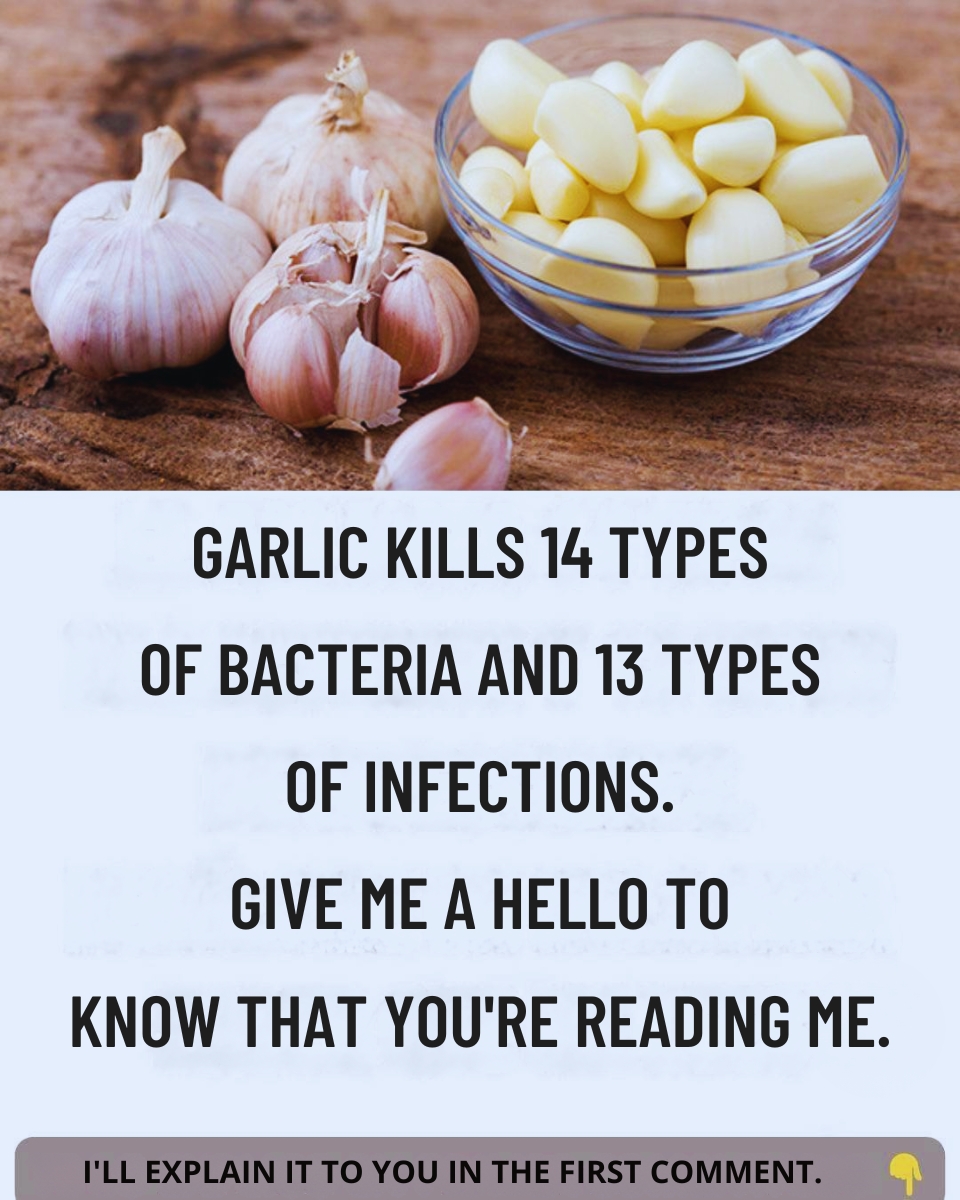garlic (Allium sativum) has been treasured for centuries—not just as a flavor booster in the kitchen, but also as a natural wellness remedy. Ancient Egyptians, Greeks, and Chinese healers used it widely, and today modern science is beginning to confirm what tradition has long suggested: garlic contains powerful compounds that can help the body defend itself against many types of harmful microbes.
🌟 Why garlic Is Called a “Natural Antibiotic”
The secret lies in allicin, a compound that forms when garlic is chopped or crushed. Allicin, along with other sulfur-based compounds like ajoene and diallyl sulfide, has been studied for its ability to:
Support the body’s natural defenses
Disrupt bacterial growth and communication
Provide antifungal and antiviral effects
Deliver antioxidants that protect cells
garlic also contains vitamins C and B6, manganese, selenium, and zinc—nutrients that further contribute to immune balance.
🔬 What the Research Suggests
Studies in journals such as Phytomedicine and Applied and Environmental Microbiology have shown that garlic extracts can act against a wide variety of bacteria, including some commonly linked to:
Respiratory discomfort
Digestive troubles
Urinary tract issues
Skin imbalances
While garlic is not a replacement for prescribed medicine, it may be a valuable complementary approach and a preventive food.
🛡️ How garlic Supports the Body
continued on the next page
